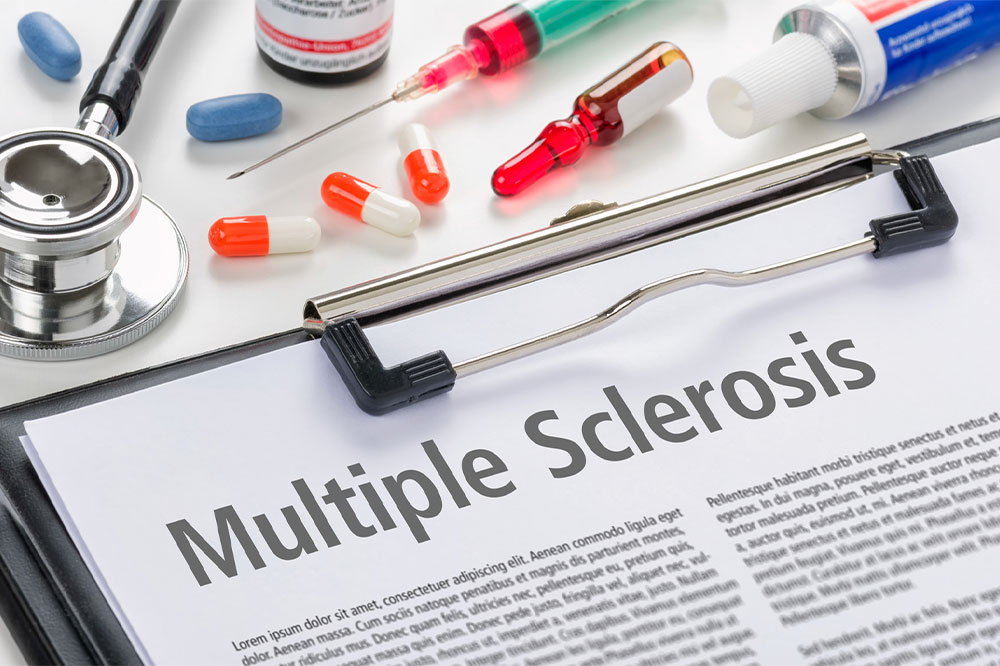Effective Strategies for Managing Multiple Sclerosis and Improving Quality of Life
Discover comprehensive strategies to manage multiple sclerosis effectively. From nutrition and exercise to therapy and mental health support, learn how to enhance quality of life with proven techniques. This detailed guide offers vital insights for MS patients seeking to reduce symptoms and maintain independence through lifestyle adjustments and medical adherence.

Effective Strategies for Managing Multiple Sclerosis and Enhancing Daily Living
Multiple sclerosis (MS) is a complex, chronic autoimmune disorder that affects the central nervous system, leading to neurological impairments. It occurs when the immune system mistakenly attacks the myelin sheath—the protective covering around nerve fibers—causing disrupted nerve signals. Over time, this damage can result in a range of symptoms, including muscle weakness, fatigue, coordination problems, and cognitive changes. Managing MS effectively requires a comprehensive approach that combines medical treatment with lifestyle modifications aimed at reducing symptoms and maintaining optimal quality of life.
Understanding the disease and adopting tailored strategies are essential for those living with MS. This detailed guide highlights various proven approaches that can empower individuals to manage their condition more effectively, improve their functional capacity, and enhance overall well-being.
Core Management Techniques for Multiple Sclerosis
Successful management of MS relies heavily on a combination of medication, lifestyle adjustments, and supportive therapies. Here are the key strategies widely recommended by healthcare professionals:
Balanced and Nutritious Diet
Nutrition plays a critical role in supporting nerve health and reducing inflammation associated with MS. A diet rich in omega-3 fatty acids found in fatty fish such as salmon, mackerel, and sardines can help reduce inflammation in the nervous system. Incorporating plenty of vegetables, fresh fruits, legumes, and lean poultry provides essential nutrients that support immune function and overall health.
Limiting processed foods, sugar-laden snacks, gluten, dairy, and alcohol can diminish symptom severity and prevent flare-ups. Monitoring vitamin D levels is also important, as deficiency has been linked to increased MS activity. Supplementing with vitamin D, under medical supervision, could have protective effects. Beverages like green tea and coconut water are beneficial choices—they contain antioxidants and natural electrolytes that boost hydration and immune resistance.
Massage Therapy and Physical Relaxation Techniques
Massage therapy offers significant relief for MS patients by relaxing tense muscles, alleviating pain, and improving blood circulation. Regular massage sessions can reduce muscle stiffness, enhance mobility, and lower levels of stress and anxiety. Complementing massage with gentle warm baths or compresses can soothe sore areas, but care should be taken to avoid excessive heat, which may exacerbate symptoms or cause overheating. Incorporating relaxation and breathing exercises into routine care can further alleviate stress, which is known to trigger MS flare-ups.
Customized Exercise and Physical Activity
Physical activity is a cornerstone in managing MS, especially for mild to moderate cases. Regular exercise helps maintain muscle strength, improve balance, and promote better coordination—factors critical for preserving independence. For those sensitive to heat, water-based exercises such as swimming or water aerobics are highly recommended—they provide resistance training without raising core body temperature excessively.
Low-impact physical activities like stretching, yoga, walking, and stationary cycling can significantly enhance flexibility, posture, and overall mobility. Tailoring an exercise program with guidance from physical therapists or neurologists ensures safety and effectiveness, preventing injury or fatigue. Consistent activity also boosts mood and reduces feelings of depression, common in chronic illness management.
Additional Supportive Measures
Beyond diet and exercise, several additional approaches can support MS management:
Medication Adherence
Adhering strictly to prescribed disease-modifying therapies (DMTs) and symptom-specific medications is critical for reducing relapse rates and slowing disease progression. Patients should work closely with their healthcare providers to regularly monitor their condition and adjust treatment plans as needed.
Stress Reduction and Mental Health Support
Chronic diseases like MS can impact mental health. Techniques such as mindfulness, meditation, counseling, and support groups can significantly improve emotional resilience. Reducing stress not only enhances mental well-being but can also minimize the frequency and severity of flare-ups.
Assistive Devices and Adaptive Strategies
Use of mobility aids, braces, or ergonomic tools can facilitate daily activities, prevent falls, and maintain independence. Occupational and physical therapy can help in designing personalized plans to adapt to physical limitations, ensuring safety and comfort at home and work.
Regular Monitoring and Patient Education
Consistent check-ups with neurologists and healthcare teams are vital for early detection of symptom changes. Educating oneself about the disease, available treatments, and lifestyle options empowers patients to take proactive steps and make informed decisions regarding their health.
Conclusion
While multiple sclerosis is a challenging condition, adopting a comprehensive management strategy can significantly improve the quality of life for those affected. Combining medical treatments with healthy lifestyle choices—including a balanced diet, appropriate physical activity, stress management, and supportive therapies—can help mitigate symptoms and slow disease progression. Staying connected with healthcare professionals, engaging in community support networks, and maintaining a positive outlook are equally important. With ongoing research and medical advances, hope remains strong for better management options and improved outcomes for individuals living with MS.





